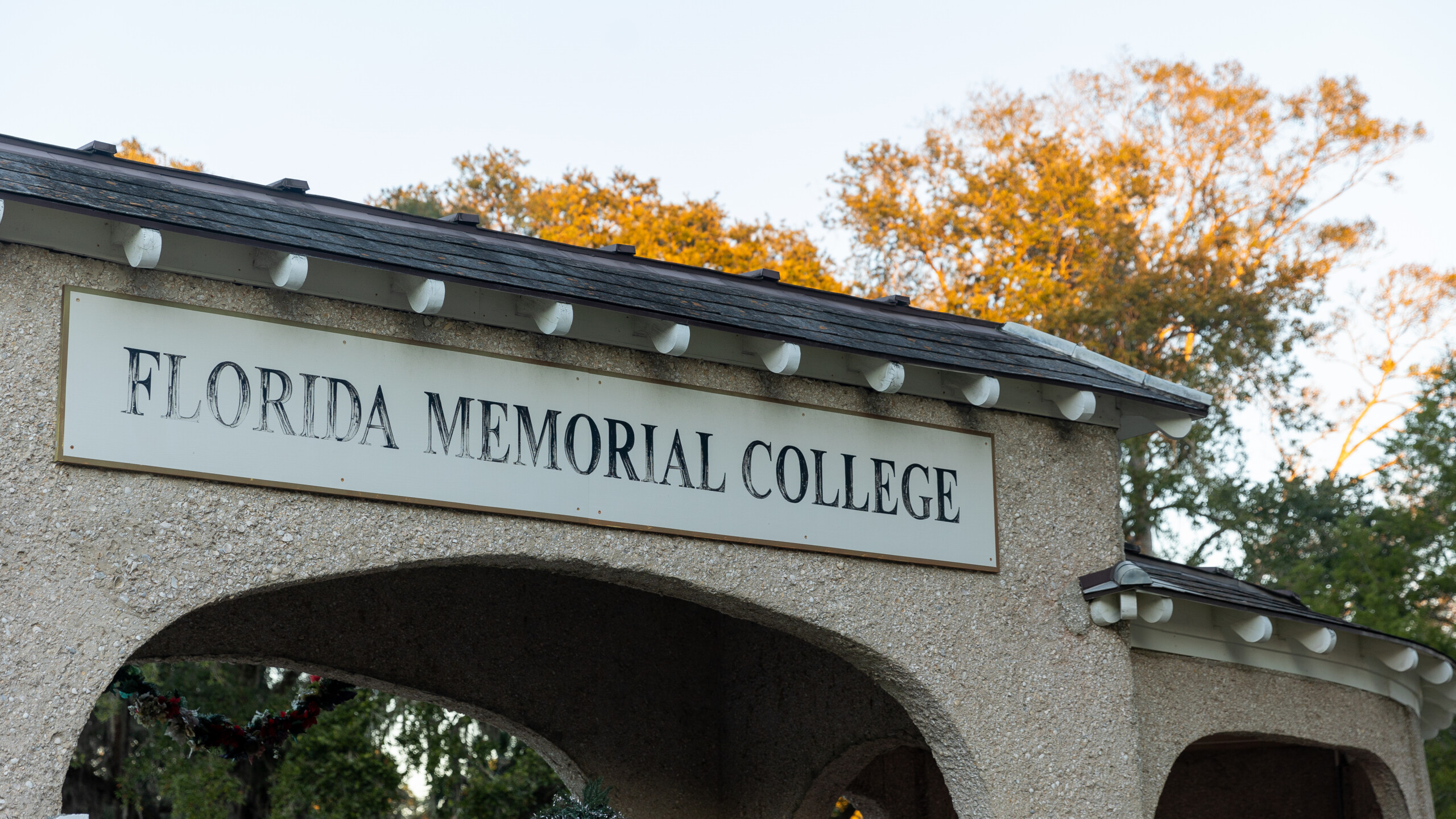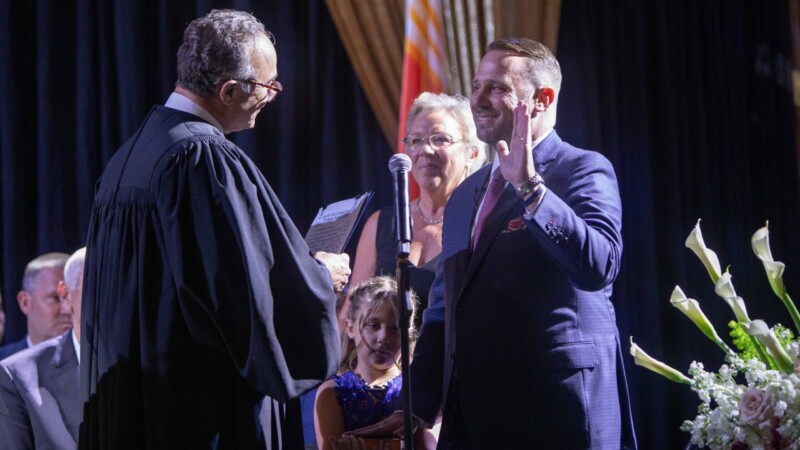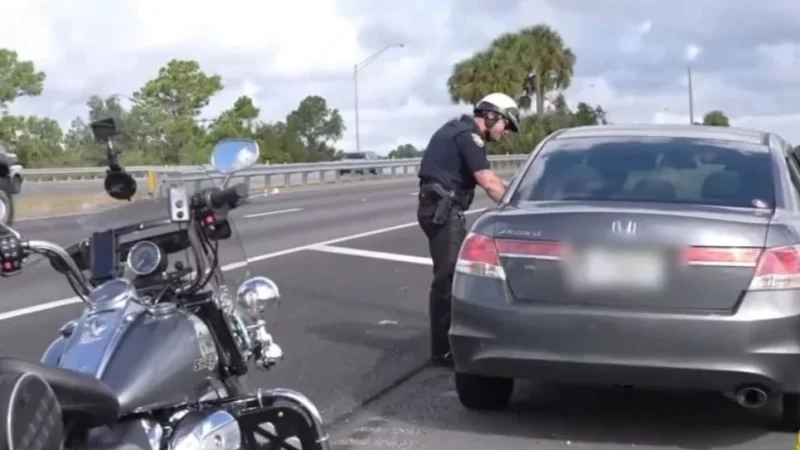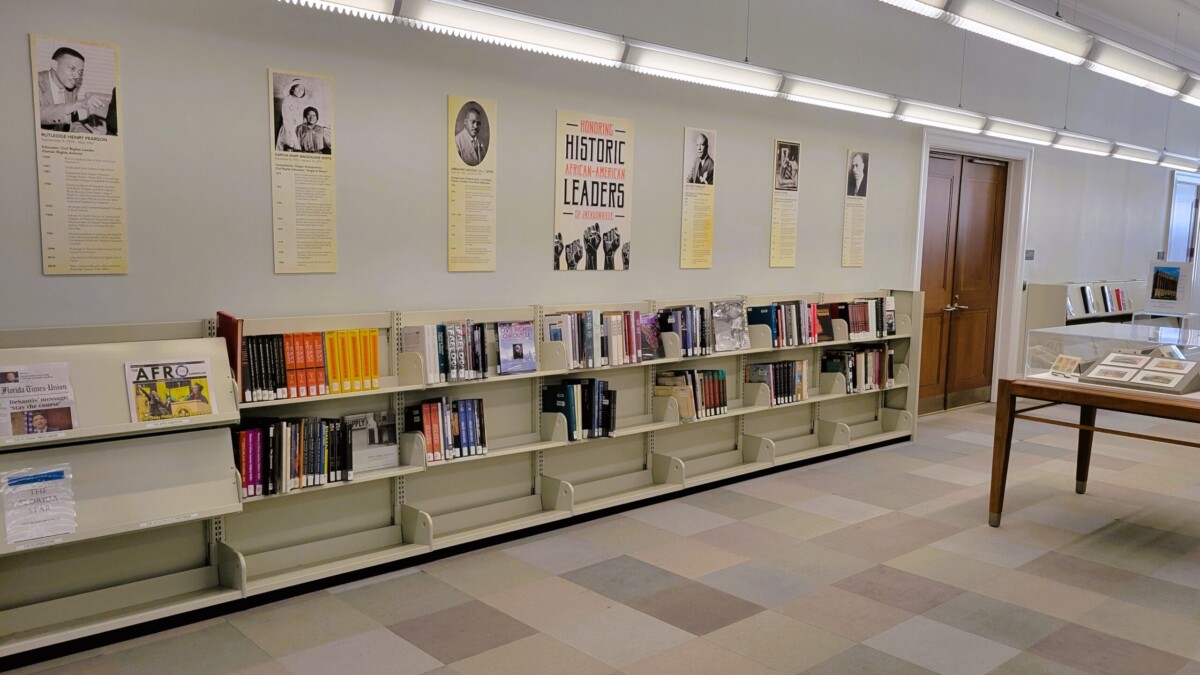Few would dispute that Northeast Florida’s Black history predates the United States. Now, two communities that are older than the republic, St. Augustine and Amelia Island, are competing to house the Florida Museum of Black History.
An eight-member task force will meet Friday as it seeks to select a location for the museum. The task force is expected to vote on the selection criteria during this week’s meeting.
Maurie Dugger, director of program development for the Amelia Island Convention and Visitors Bureau, says the county’s location would be closer to Interstate 95 instead of notable Black history landmarks like American Beach.
Last May, Gov. Ron DeSantis signed a bill (HB 1441) that would create a museum dedicated to Black history. The task force expects to send its recommendations about the museum’s location to the governor this spring.
DeSantis, Florida House Speaker Paul Renner, R-Palm Coast, and Florida Senate President Kathleen Passidomo, R-Naples, selected the task force. A ninth board member, Terri Lipsey Scott, resigned late last year over a perceived conflict of interest.
Scott is the executive director of the Woodson Museum in St. Petersburg. The Woodson applied to be one of the host sites of the museum.
Initial criteria, discussed during a task force meeting in December, outlined 12 expectations. Local funding and community support had the highest impact compared with historical significance, availability of land, adaptability of the location and infrastructure.
The task force’s chair, state Sen. Geraldine Thompson, says location is vital. But, so too is the ability to sustain it.
“Building it is one thing,” Thompson said during a meeting in November. “Having it operate going into the future is another. I think that is very important, looking at collaboration and partnership and how we work with existing networks and museums.”
Other communities that applied are Quincy, Seminole County, Orlando, Sarasota, Opa-Locka, Daytona Beach, Havana, Jackson County, Panama City and St. Petersburg.
Dugger touted her community as the gateway for the estimated 40 million people who drive into the state along I-95.
“That’s the first stop in Florida and the starting point for Florida’s Black history trail,” Dugger said, referencing the state’s Black Heritage Trail. “We think this is where Florida’s real story begins. This is a story that’s rich in Black history and cultural significance. It’s one that started long before spaceships, amusement parks and even high rises. We are rich as the gateway to Florida when the U.S. was a foundling country.”
Before statehood, Fernandina Beach was a community where white and Black residents lived peacefully with minimal racial animus.
Greater St. Augustine’s Black history predates that. In 1738, more than 100 Africans created Fort Mose, what is now considered the first free-Black community in the current United States.
St. Johns County officials have outlined property in West Augustine, near State Road 313, is its preferred location.
Thomas Jackson, a longtime member of the Fort Mose Historical Society, told the task force that St. Augustine is ready for the museum because of the thousands who visit the community in a quest to learn about Spanish, British, Civil War, Catholic and Black history.
St. Johns County Administrator Joy Andrews says the Florida Museum of Black History would be a priority of the local government.
“Our pursuit of becoming the home of the state’s Black history museum is not merely a desire, but a testament of the unyielding commitment of the St. Johns County government,” Andrews told the task force in December. “Our dedication extends beyond mere words. It’s reflected in our actions, investment and resolute support for initiatives that amplify and preserve the voice of our diverse communities.”
Despite claims that DeSantis has sought to eradicate Black history and African-American history in the state, HB 1441 specifically calls for the museum to detail “African American participation in defending and preserving Florida and the United States”; contributions of Fort Mose residents; a history of slavery in the state; history of segregation in the state; the importance of Dr. Mary McLeod Bethune as well as the legacy of the four historically Black universities in the state.
Lead image: St. Johns County leaders have identified a West Augustine site, near the former location of Florida Memorial College, as a potential home for a Florida Museum of Black History. | Will Brown, Jacksonville Today







